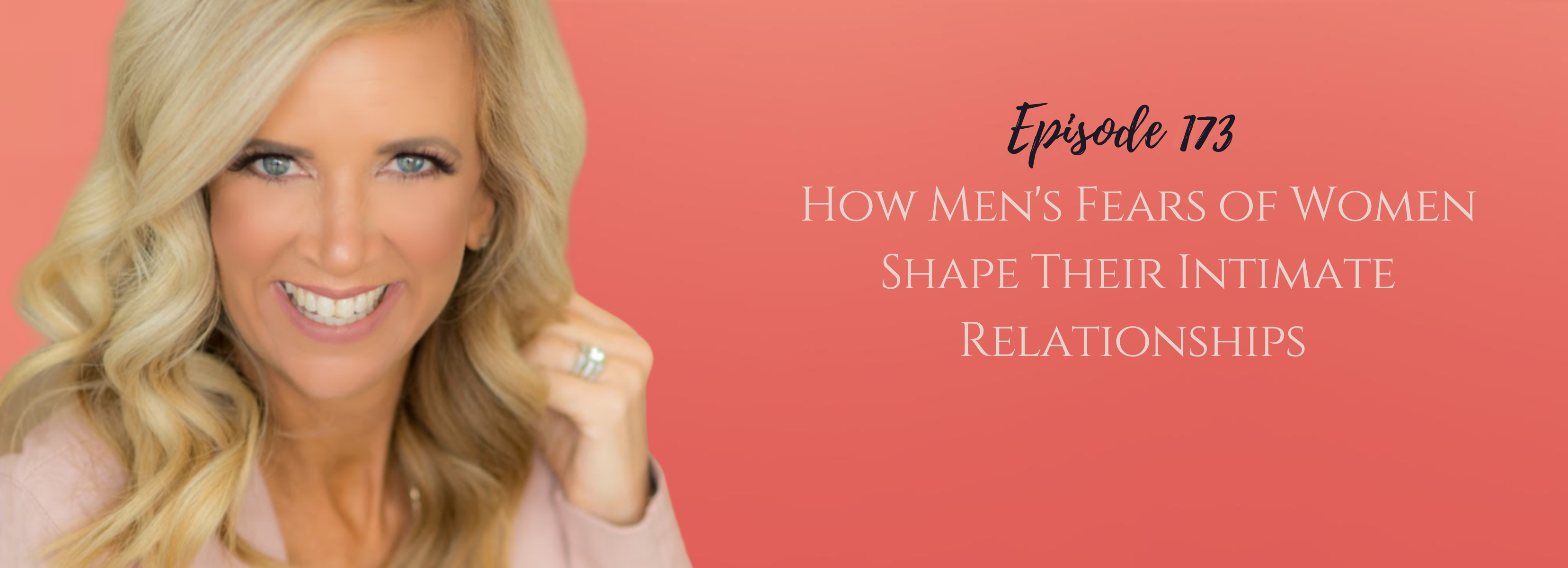
How Men's Fears of Women Shape Their Intimate Relationships with Dr. Avrum Weiss| 8.10.2022
In this episode, Kristen talks with Dr. Avrum Weiss about how men's fears of women impact their intimate relationships and why they hide their feelings and vulnerabilities.
You'll Learn
- Why we seldom hear about men's fears of women
- How are men's fears developed
- How does attachment wound affect men
- What causes men's defensive behaviors
Resources
For counseling services near Indianapolis, IN, visit www.pathwaystohealingcounseling.com.
Subscribe and Get a free 5-day journal at www.kristendboice.com/freeresources to begin closing the chapter on what doesn’t serve you and open the door to the real you.
Subscribe to the Close the Chapter YouTube Channel
This information is being provided to you for educational and informational purposes only. It is being provided to you to educate you about ideas on stress management and as a self-help tool for your own use. It is not psychotherapy/counseling in any form.
[fusebox_transcript]